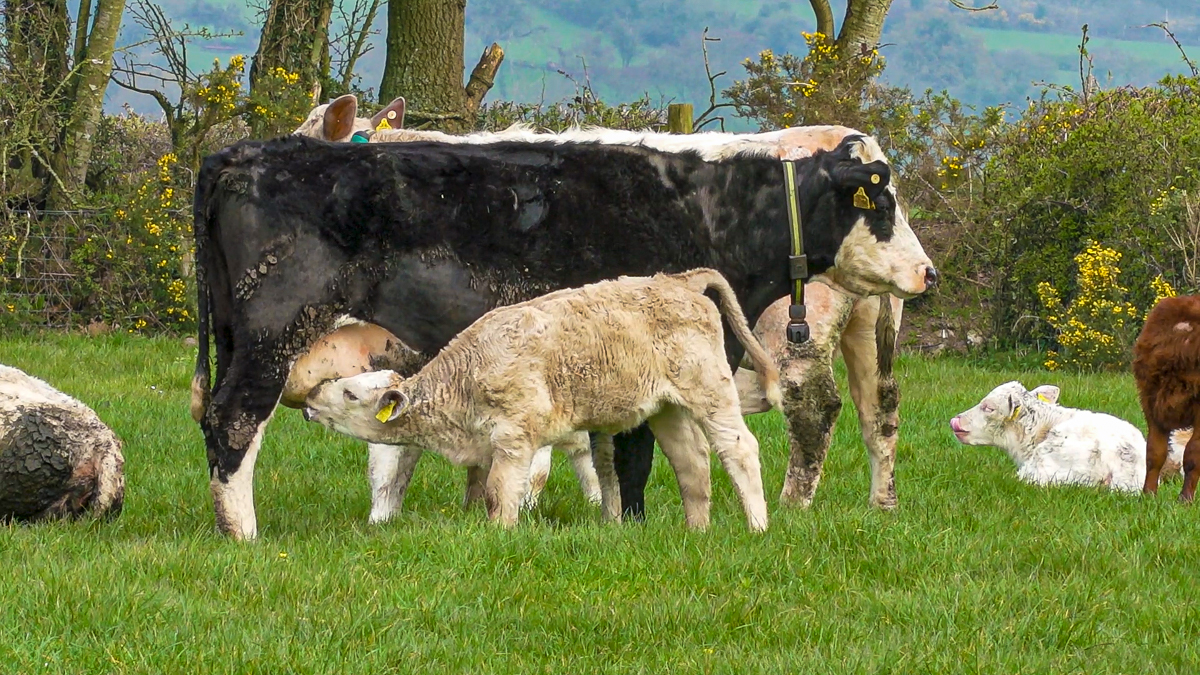Ahead of COP26 later this month, this week has seen the BBC broadcast another epic production on the threat of climate change and the need for action to be taken within all levels of society, to counteract this pending ‘cataclysmic event’.
To its credit, the programme communicated a strong message to the effect that steps are being taken to mitigate the effects of global warming in countries around the world.
Naturally, agriculture and food production were given special attention within the programme.
Beef production was not mentioned per se within the piece, but footage of young calves, in tandem with a commentary on the perceived ‘evils‘ associated with intensive farming, meant that red meat still received the usual kick in the solar plexus, which programmes of this nature tend to deliver.
Cop26 climate change conference
COP26, the UN climate change conference, is just around the corner. For a full week, Glasgow will be home to world leaders and people within global society, who can make a real difference when it comes to determining the world’s real response to climate change.
The last I heard was that Herculean efforts are being made to get agriculture formally included on the agenda for the summit. It seems strange to me that it would have been left out in the first place.
But let’s hope that world leaders will get a chance to reflect on the role that farming can play in both feeding a growing world population, and saving the planet’s environment at the same time.
Everything in life is about balance. In this context, agriculture can deliver a ‘win:win’ scenario for the world as a whole. And here in Ireland, we have a farming model that delivers on these objectives in spades.
Sustainability in Irish beef
Ireland is unique in having a beef industry that is converting grass (a resource that cannot be utilised directly by humans), into animal protein of the highest quality, that can deliver nutrition and sustenance to populations around the world.
Meanwhile, our suckler cows and beef cattle are helping to deliver, day-in / day-out, an environment and a countryside that is the envy of the world.
Our problem is that consumers beyond these shores don’t seem to know this yet. Beef is portrayed on a world stage as a commodity derived from feeds that can be offered directly to humans.
And in the case of Brazil, it is a meat that has become directly associated with the severe degradation of the Amazon rainforest.
COP26 will provide the Irish beef industry with a unique chance to promote ‘its wares’ on a global stage. And it’s up to the Irish government and organisations like Bord Bia to grasp this opportunity with both hands.
If we don’t step up to the plate, no doubt our friends and colleagues in Scotland will.
